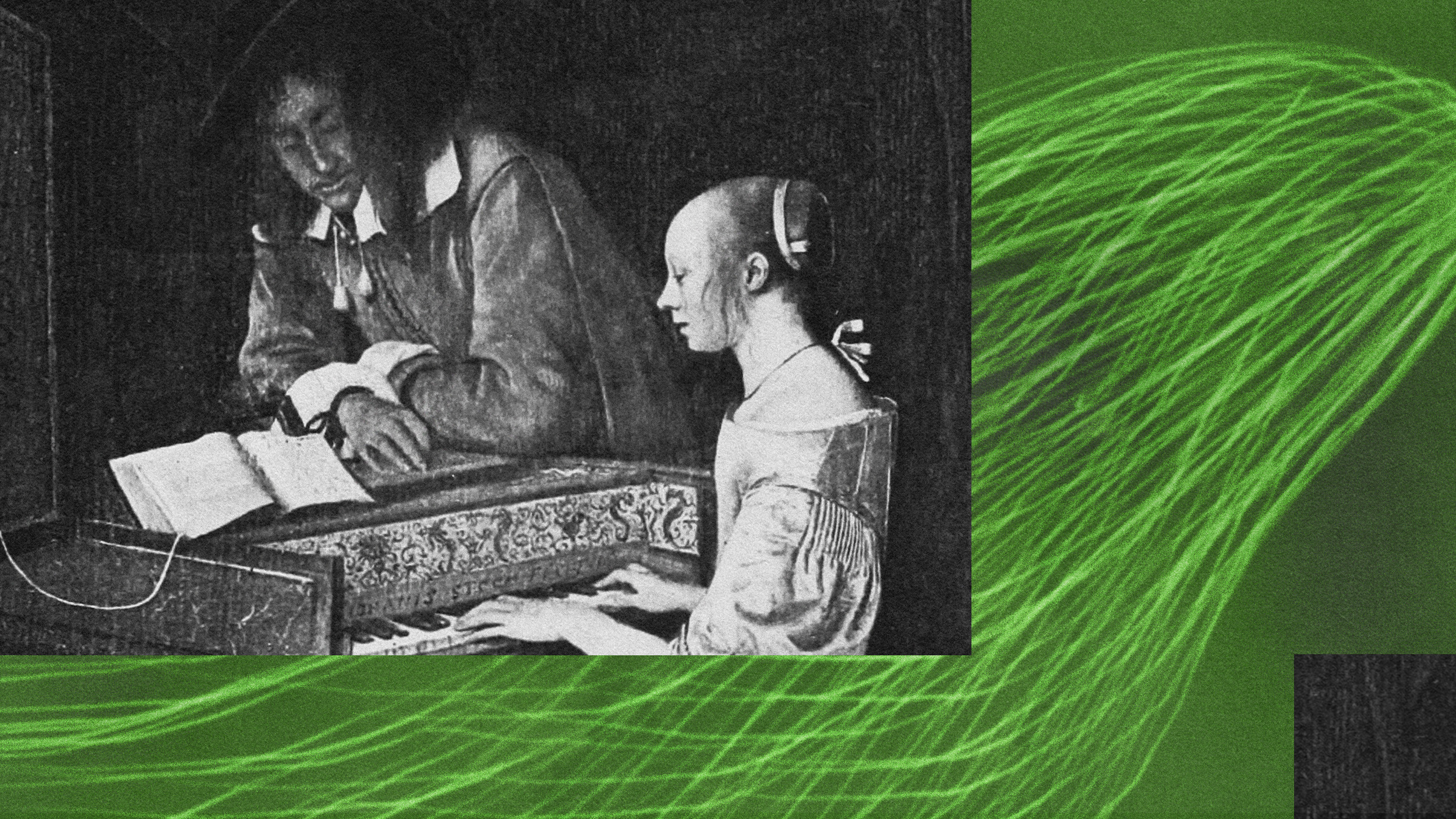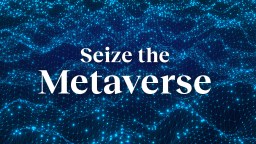Timothy Snyder: It's normal that when a new medium comes along, a new communications technology comes along, that this is very disorienting to our own hardware. The same thing was true when the book came along. I mean the book, as compared to the manuscript, was a very powerful technology, and one could even say even in our 21st century world, where we claim that everything is so new and everything has transcended everything, where everything transcends everything every 15 minutes, the book is still a pretty powerful technology even when stacked up against all the things that it's stacked up against now.
But think back to say the 16th century when the printing press is beginning to make hay, what happens is that people are overwhelmed by new ideas, specifically religious world views are challenged, and religions fracture, and people fight wars, and a third of the European population is killed. So we think about the book and we think "That's Enlightenment," but Enlightenment happens 150 years after the printing press, and in the meantime an awful lot of Europeans killing off a lot of other Europeans. So I like to take that as the starting point—that new media are going to be destabilizing.
And so the assumption that the Internet was going to come along and just take a basically good world and make it faster and more connected and cleaner and so on—that was something that we should have been skeptical about from the very beginning. And now we're seeing why we should be skeptical about it.
So does the Internet allow new things, or does the Internet create a channel for old things? I would say it's rather the latter. We know, because this is something that people have theorized about since the Enlightenment, that in order for there to be a democracy there has to be something between you and me and our fellow citizens, something between you and me and our leaders, which is: a factual world. We have to have this thing called the public sphere where you and I and our fellow citizens and our leaders agree that there are certain realities out there, and that from those realities we draw our own conclusions, our own evaluative conclusions about what would be better or worse, but we agree that the world is out there. And that it's important for you and I, as citizens, to formulate projects, but it's also important in moments of difficulty for you and I, as citizens, to resist our leaders. Because if we're going to resist our leaders we have to say, "On the basis of this set of facts, this is the state of affairs; it's intolerable; therefore we resist." If there are no facts we can't resist, it becomes impossible.
So there are a couple of centuries of Democratic theory which make that argument in one form or another. That's an old argument. And what follows from that is that if you want to build an authoritarian regime you try to make that factual world less salient, you try to make the world less about the facts that are between you and me and more about the emotions that will either divide us or bring us together, it doesn't really matter which.
Authoritarianism depends upon people getting used to hearing the things that they want to hear, and what it does is it takes that public sphere and dissolves it.
It says, "There aren't really truths out there, there aren't really experts out there who can tell you those truths, it's really all about how you feel about the world." And that's true in old authoritarianism and in new authoritarianism.
So Germans in the 1930s who were no less educated than we are, probably more educated than we are, more literate—they got themselves believing all kinds of things that they wanted to believe, and they believed in, many of them, right down to the bitter end, and they got themselves convinced that truth was not a matter of constant evaluation of evidence, but truth was a matter of some larger truth, something that made them feel like they were together and that others were against them. That's all old.
The technique that the Internet permits is that it allows anonymous distant actors to reach directly through our pupils into the parts of our brains where the action really is. That's new. And then there are other things which might be new, like machine learning. I mean having to deal with quadrillions of gigabytes of computing energy directed against my lonely cerebrum, that's something new, and that's probably only going to get worse. But the pattern is old, because what a social platform does (or what a Google search does) is that it learns what it is that you want to hear, and it gives you more of that thing and thereby slowly changes you. I mean it shifts you away from a person who thinks there are facts out there and more towards a person who just gets used to hearing the things that he or she wants to hear. You shift from being a person who could function in the public sphere—in a democracy—to a person who can't.
So the shift is old, it's familiar, but some of the techniques though are a little bit new, which doesn't mean that they are inevitably bad; it does mean that we have to recognize, as with the book, that you have to get a handle on these things. Tech is neither good or bad on its own, but you have to realize what the potential is and start to get a handle on what the negative possibilities are, because I think we're only beginning to start to see them.
People want there to be an easy answer, and that there ain't.
So until very recently people were still arguing, "Well Silicon Valley is going to somehow automatically solve this, incentive through the nature of technology is somehow automatically going to solve this." That's not true. That's the politics of inevitability. And then there are the doomsayers who say, "Yeah humans are basically irrational; this is how it always ends; there's nothing we can do about it except wait for some calamity." And that's the politics of eternity, and that's also very tempting, but they're both tempting in the same way, which is they say, "It's not our fault, we can't really do anything about it, we don't have responsibility."
And of course we do. So going back to the book, it helped to do things like establish authorship, it helped to do things like have a page of table of contents so it was clear what was being said. This may seem all totally boring now, but it really mattered to get the technology of the book under control.
We can get the technology of the Internet under control too, provided that we decide that that's an issue. Like looking at it from the point of view of the larger economy, why can't we think about the Internet the way that we think about other resources? Or why can't we think about our mind the way we think about other resources? If there's pollution we treat that as an externality and we internalize it. The destruction of factuality we could also treat as an externality; we could tax big companies, and we could use what we get from those big companies to support local news.
Because factuality isn't just a matter of being a crusader for it, it's a matter of producing facts, it's a matter of producing them not in DC or New York or Los Angeles or Beijing or Moscow, it's a matter of producing them where people actually live. And that has to be done, that has to be done by people, it has to be done by local reporters.
The trick is not to just say, "social platform bad! Internet bad," the trick is to say "how do you produce factuality in people's lives?" Because the way the destructive process goes is that first the local news goes away, and this was true in Russia a little before it was true in America, but in both cases you see basically the same pattern.
First the local news goes and then people start talking about "The Media". Instead of talking about reporters who they know, they're neighbors, they start talking about the media as something distant. And once that step is made, once people distrust they start looking for other things to trust, which are big conspiracy stories. Because if the media is far away from you anyway, why not believe something which makes the world makes sense?
So part of the answer has to be: how do we recycle some of these enormous profits back from these huge companies into the production of local news? Or to take a slightly different analogy, it's a little bit like reforestation: if you're going to make huge profits from clearing timber, okay; but after a while you realize you have to reforest. If you're going to make huge profits from driving people towards an us/them version of politics, maybe at a certain point you have to reforest, you have to replenish, you have to take some of those huge profits and actually educate people again by, for example, supporting local news.
So I think it's not technically that difficult to do things like this, and there are other ways to think about it economically, like for example, that fake news has an unfair competitive advantage over real news because, for example, you don't have to employ reporters—and you can try to correct for that.
So there are lots of things that one could do. I mean you could reclassify—which I think we should do, really—you can reclassify investigative journalism as a public good, which deserves positive public support from the state. I think that would be an excellent thing to do.
So these things can be rejigged, there are technical means, but I think the fundamental answer is we can't say "it's going to sort itself out" or that "it's not going to sort itself out," we have to think "Yeah, if we like democracy and freedom and the rule of law, those things depend on factuality. If we want factuality we actually have to go out there and find ways to recreate it in the 21st-century."
That's what I mean by history, is that history can define the problem for you, and then you have to say, "Am I going to take responsibility for it or not?"






